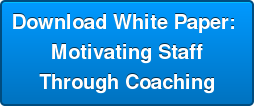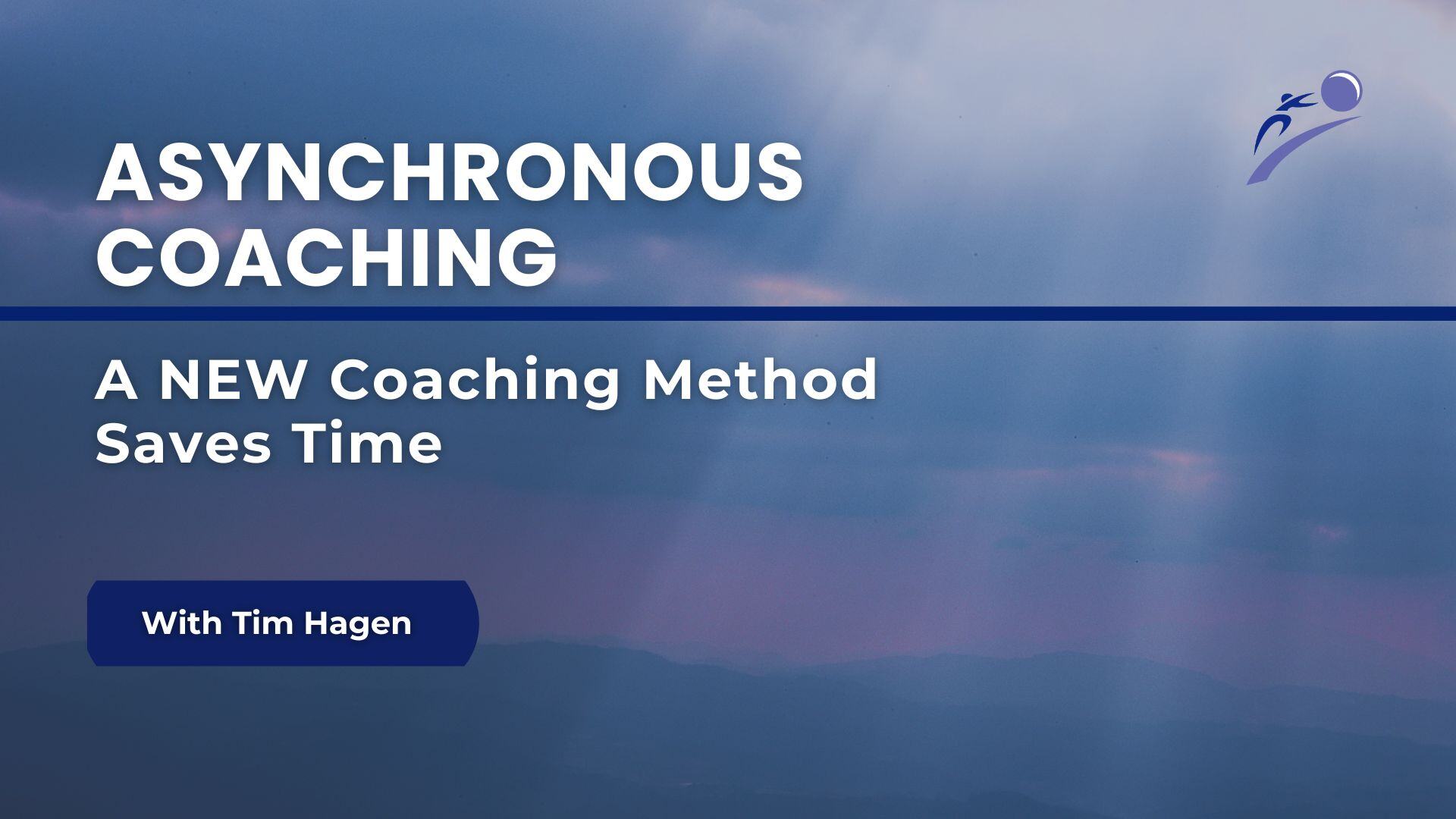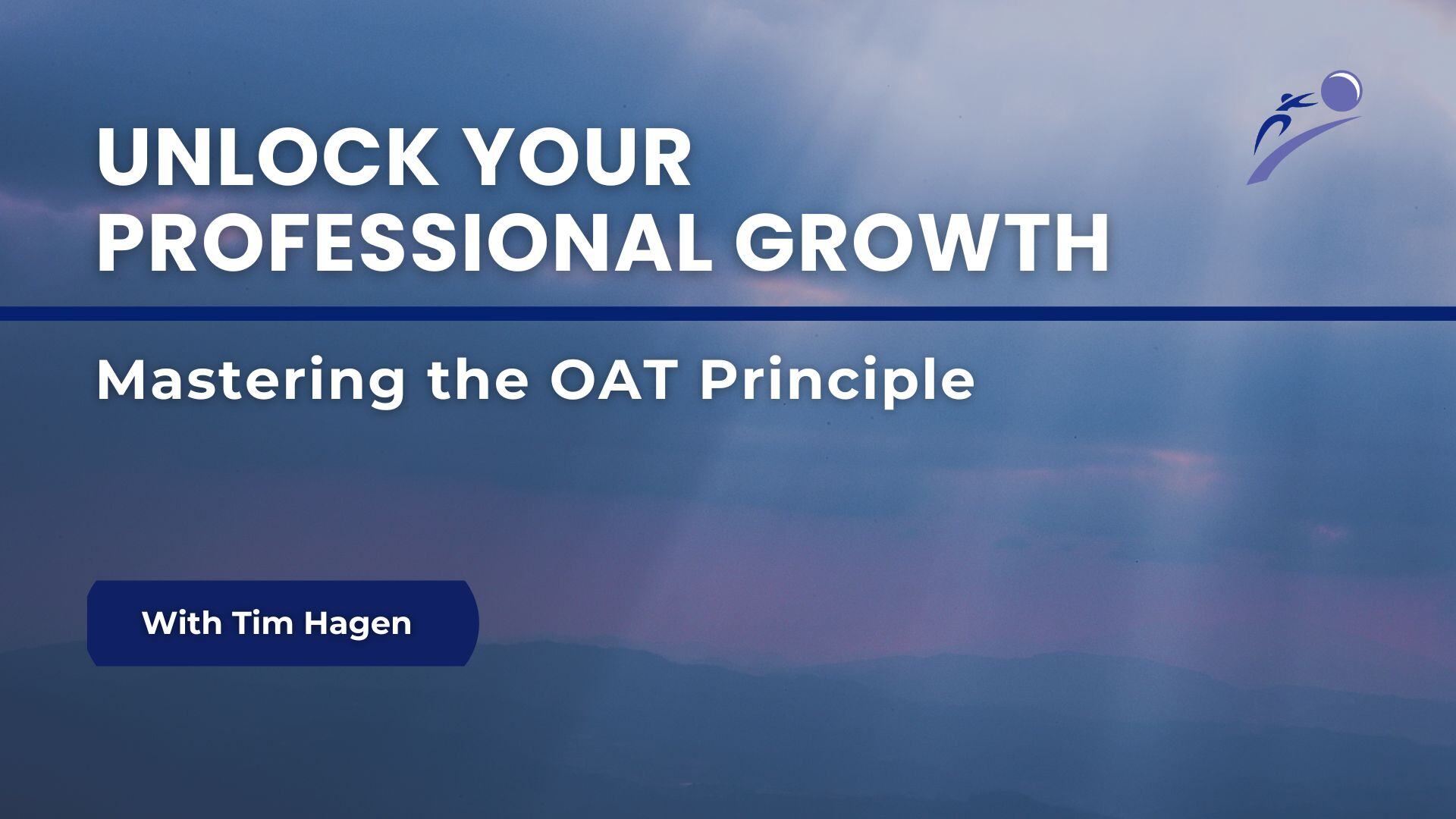Curbside Coaching

-The depiction of specific strategies and techniques as to how you can coach your sales people in the field when traveling with them. Curbside coaching consists of 3 stages: before the meeting, during the meeting, and after the meeting. Each stage provides a great opportunity for you to coaching your employee. More importantly, learn about how your employee conducts his or her business.
3 Levels of In-Field Coaching
- Before The Meeting
- During The Meeting
- After The Meeting
Many Challenges
Traveling with an employee in the field may be arranged to call on a client, to scout prospects, to close a deal, etc., but it is vital that you honor your agenda as the sales manager or sales leader. Going in the field will provide you with a behind the scene look of each employee’s performance. This exclusive insight will set you up with amazing one on one coaching opportunities. It is the chance to grow each employee relationship as well as develop a deeper understanding of each employee’s strengths in addition to any areas that present opportunities for improvement.
It is absolutely crucial that you keep coaching at the forefront of all scheduling and planning activities. Wrestling with travel arrangements, time limitations, pre-meeting research, among other housekeeping tasks, is sure to serve up a full plate of attention hoarding stressors, which is why you must slow down to create a plan and strategically allocate the time you will spend with your employees in the field. By properly preparing, you will be able to leverage your in-field coaching and relationship building activities to drive the performance of your employees.
1. Before The Meeting
The first opportunity to coach employees in the field starts, well, at the beginning. It is important that you be involved in your employee’s pre-meeting preparation. Developing a greater understanding of how your employee prepares and strategizes for a sales meeting will enable you to give proper guidance and support further down the road. The quickest, least disruptive way of doing this is to ask question.
Sample Pre-meeting Questions
- What’s our desired outcome?
- What are we hoping to accomplish and how can we position you to do that?
- How will you demonstrate your preparedness?
- What are your questions you are going to ask?
- How will you show the customer we are prepared?
- What’s the customer's expectation for our visit?
Although these questions may seem incredibly simple, they will allow you to gauge your employee’s level of focus. Because customers are only willing to devote a limited amount of their time to every sales meeting it is imperative that your sales staff have an absolute purpose and clear objective for every meeting he or she sets and attends. While simple, the answers to these questions will help you to uncover the goals of the sales meeting and ultimately become the criteria for you to ask great coaching questions.
Before The Meeting Coaching Tips and Suggestions
- Be sure to find your balance between helpful coaching and ensuing panic. If you bombard your employee with questions you run the risk of making your employee uneasy or nervous which will cause them to be unreceptive. To combat this by sprinkling in idle chitchat as you insert some coaching questions.
- Organize virally. Before you meet face to face, have your employee email you his or her plan for the meeting while you email him or her the coaching questions you intend to ask.
- Talk the Talk and Walk the Walk. Set up a strategy session with your employee to cover the upcoming week and discuss each meeting you will attend with them. These strategy sessions will condition your employees to adopt the organized strategic planning and thinking you display during these sessions.
- Really listen to your employee to learn as much as possible and refrain from telling them what to do right away.





